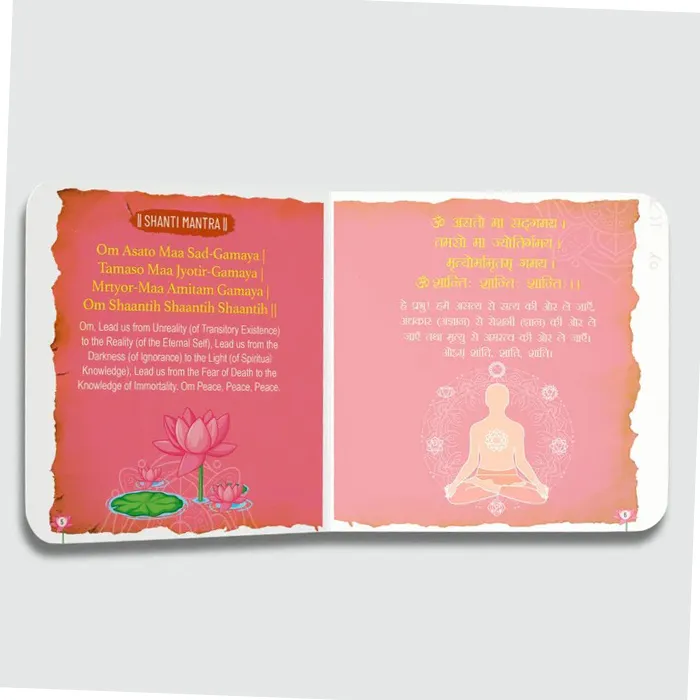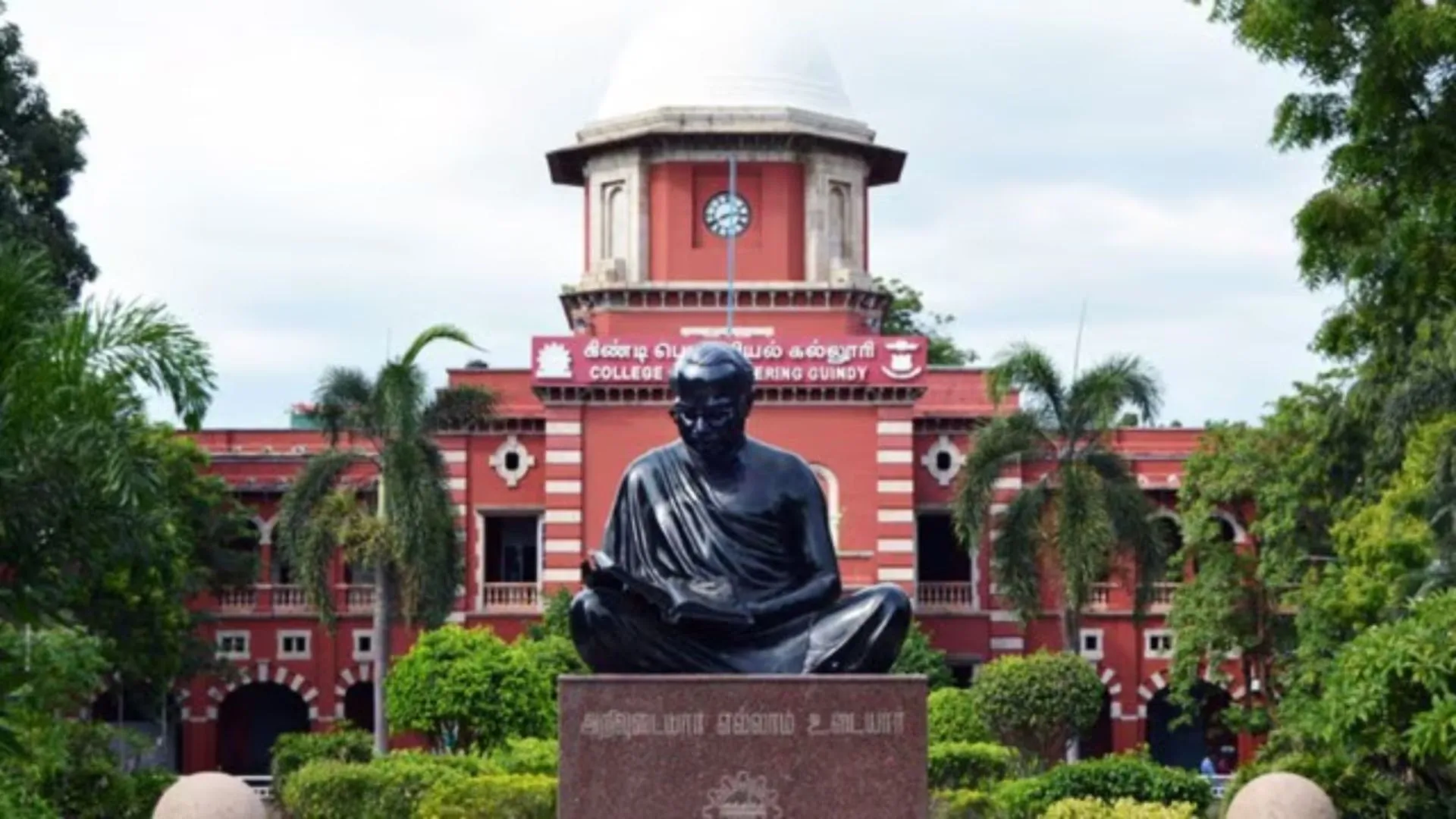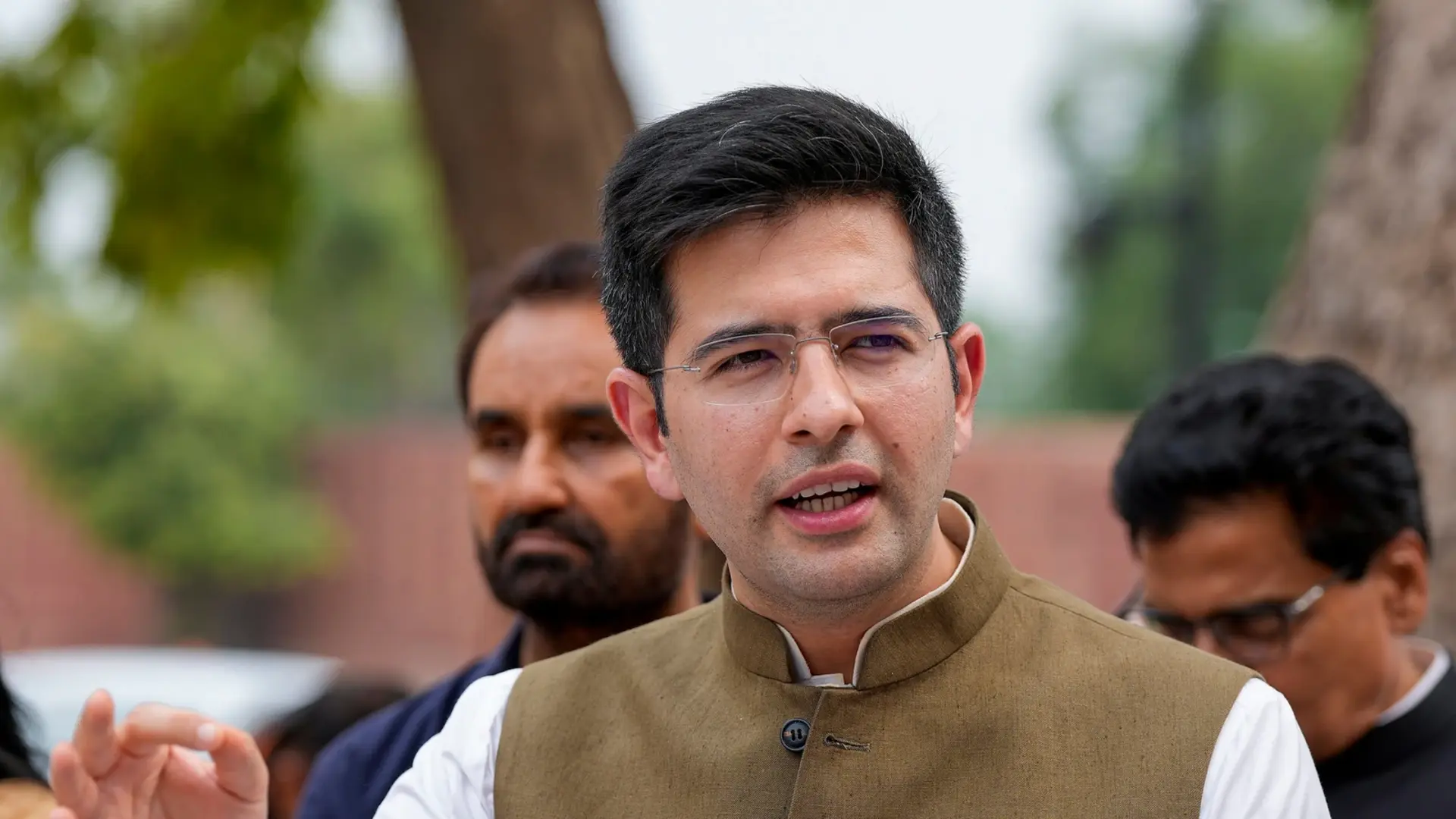Happiness is normally associated with possession of wealth, which is why people toil and employ various means to earn and enhance their income. Money can certainly make life comfortable and widen the range of opportunities available to us for education and employment, but it cannot buy happiness.
Studies done in various countries have shown that rising incomes alone do not make people happy. A household’s income contributes to life satisfaction, but in a limited way. Other things matter more: community trust, mental and physical health, and the quality of governance and rule of law. It has been seen that raising incomes can raise happiness, especially in poor societies, but fostering cooperation and a community spirit can do even more.
The most apparent difference between the rich and the poor is in their access to basic amenities. While the poor suffer from deprivation, most people in affluent societies have a surfeit of amenities above basic needs. Yet the conditions of affluence give rise to their own set of problems which afflict the wealthy. Obesity, diabetes, psychosocial disorders, and addictions to shopping, television, and gambling, all originate, directly or indirectly, from economic development. These disorders have been compounded by the loss of communal bonds, the decline of social trust and rising anxiety levels associated with financial insecurity.
Studies have revealed that many well-to-do people do not feel happier as their income rises. One reason is that they compare themselves with others. They are happy when they are higher on the social or income ladder, but when they see others also prospering, it takes away some of their joy, which is totally lost when they look at those doing better than themselves.
The worries and insecurity that come with possession of huge wealth also weigh on the minds of the rich. While the poor readily mix with others in their communities as they have little to protect or lose, the rich tend to isolate themselves as they seek to safeguard their possessions and privileges. As they look upon their less fortunate compatriots with suspicion and fear, they become more worried and insecure.
In prosperous nations, societal factors such as loss of social trust or declining confidence in government counteract any benefits felt from higher incomes. Another reason is adaptation: individuals may initially feel happier when their income rises but then they lose some of that happiness as they get used to their higher income.
They then seek to increase their income even more, and this craving for more money brings unhappiness. Psychologists have found repeatedly that individuals who put a high premium on higher incomes generally are less happy and more vulnerable to other psychological ills than individuals who do not chase higher incomes.
In essence, the pursuit of material wealth at the expense of peace of mind and inner happiness drives the rich to sorrow. People earn money in order to lead happy lives, but in the process forget that happiness, not more and more money, is their goal. If they avoid this mental trap, they can experience the joy and freedom that prosperity can bring.
That joy can be multiplied and shared all around with a slight change of attitude. Much of the anxieties of the rich stem from their wish to hoard or hold on to their wealth. That is not a wise thing to do. Prosperity is not a matter of chance or good luck; understanding the law of karma makes it clear that it is a reward for hard work or good deeds, done in this life or earlier. This reward can be enhanced through generosity. Willingly using one’s resources to benefit others brings great satisfaction, besides earning us goodwill and blessings from people. All these act as a tonic for the mind, filling it with happiness and contentment. That is the right way to live a prosperous and happy life.
B.K. Usha is a Rajyoga teacher at the Brahma Kumaris headquarters in Abu Road, Rajasthan.













